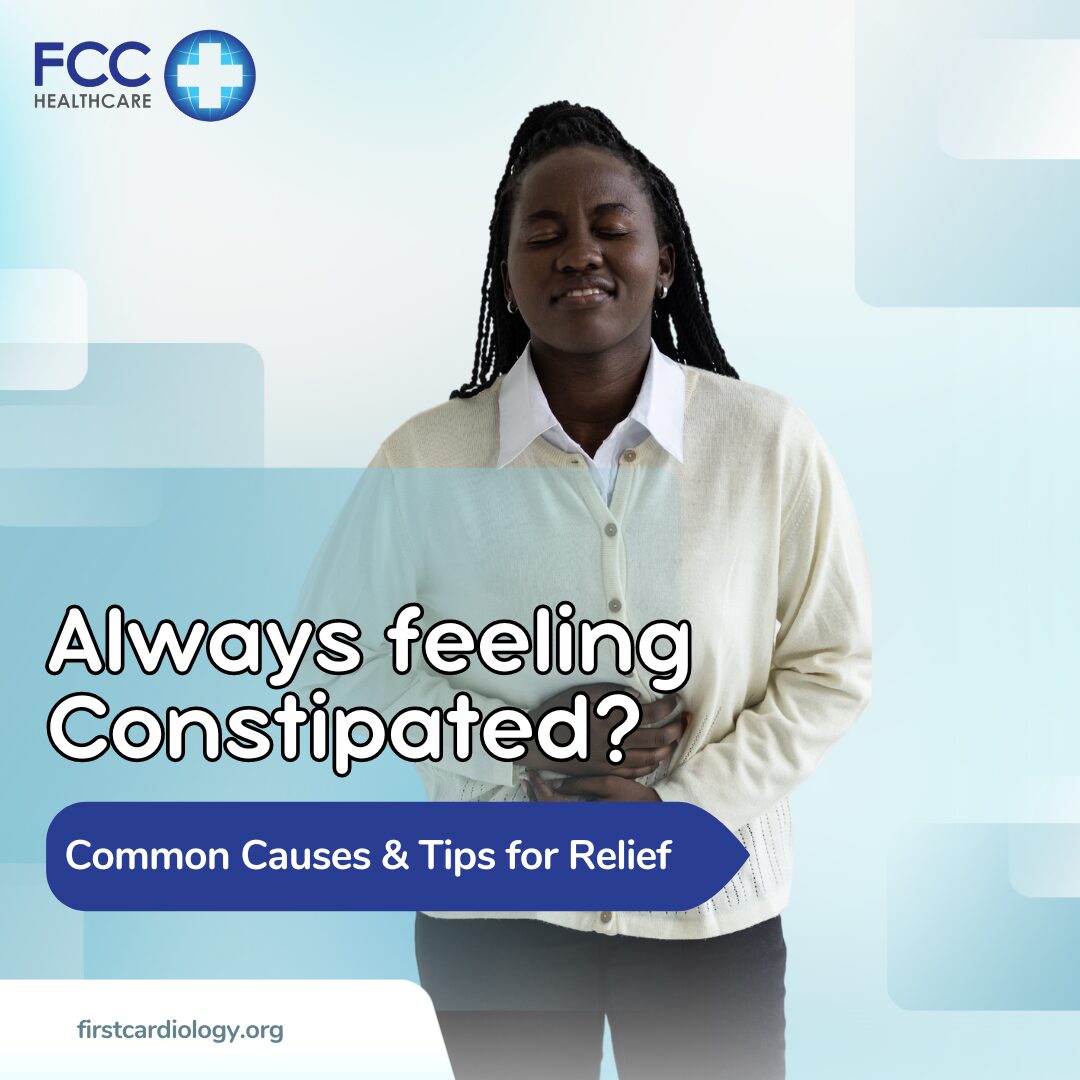Understanding Constipation: Causes, Symptoms, and Relief
What is Constipation? Constipation is a common digestive issue where you experience infrequent or difficult bowel movements, often fewer than three times per week. It can make you feel bloated, uncomfortable, and sluggish.
Common Causes:
- Low fiber diet: Not enough fruits, vegetables, or whole grains.
- Dehydration: Not drinking enough water can make stools harder and more difficult to pass.
- Lack of physical activity: Regular exercise stimulates digestion.
- Changes in routine: Travel, changes in eating habits, or stress can affect your digestion.
- Medications: Certain medications can cause constipation as a side effect.
- Ignoring the urge: Regularly holding off bowel movements can contribute to constipation.
Symptoms of Constipation:
- Hard, dry stools that are difficult to pass.
- Straining during bowel movements.
- Feeling as though there’s a blockage in your rectum.
- Bloating or discomfort in your abdomen.
- Feeling as though you can’t completely empty your bowels.
Tips for Relief:
- Increase fiber intake: Aim for 25-30 grams of fiber per day. Foods like fruits, vegetables, legumes, and whole grains are great sources.
- Stay hydrated: Drink plenty of water throughout the day to soften stools.
- Exercise regularly: Even light physical activity like walking can improve bowel function.
- Don’t ignore the urge: Go to the bathroom when you feel the need to have a bowel movement.
- Establish a routine: Try to go at the same time every day, especially after meals.
- Over-the-counter options: If lifestyle changes don’t help, stool softeners or fiber supplements can offer temporary relief.
When to See a Doctor:
- If constipation persists for more than three weeks.
- If you experience severe pain, blood in your stools, or unexplained weight loss.
Taking care of your digestive health starts with mindful eating, staying active, and listening to your body. Remember, small lifestyle changes can make a big difference!





